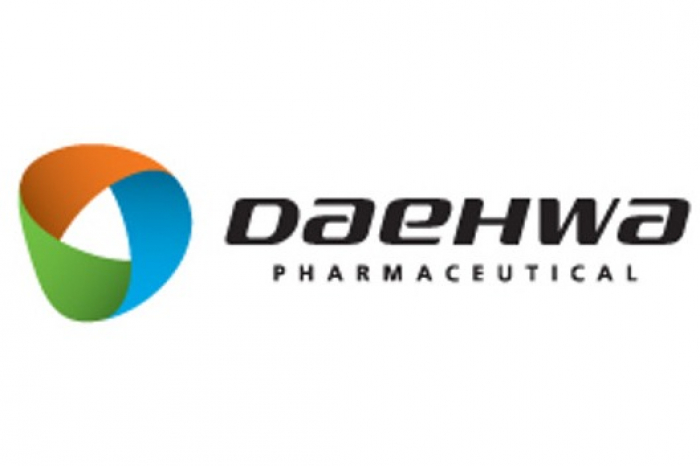Bio & Pharma
Daehwa Pharm applies for approval of anti-dementia patch in China
The South Korean-made rivastigmine treatment is expected to get authorization there by 2025
By Jun 16, 2023 (Gmt+09:00)
1
Min read
Most Read
LG Chem to sell water filter business to Glenwood PE for $692 million


Kyobo Life poised to buy Japan’s SBI Group-owned savings bank


KT&G eyes overseas M&A after rejecting activist fund's offer


StockX in merger talks with Naver’s online reseller Kream


Mirae Asset to be named Korea Post’s core real estate fund operator



South Korea's Daehwa Pharm Co. is speeding up its advance into the Chinese market for anti-dementia medicine, applying for sales approval of its patch using the brain function-improving agent rivastigmine through a joint venture there.
The company on Thursday said its Chinese joint venture JHK Biopharma recently completed an application for generic approval of Daehwa's patch with China's National Medical Products Administration.
The application was for two types of products: one measuring 4.6 milligrams that lasts 24 hours and the other 9.5 mg.
The Shanghai-based JHK, in which Daehwa holds a 25% stake, releases commercial products using Daehwa's transdermal drug delivery system and oral dissolving film technologies.
"This is the first application for a domestically made rivastigmine patch for approval in China," a Daehwa source said. "We expected to receive the OK by 2025."
As of last year, China had over 10 million people with Alzheimer's, or 25.5% of the world's total. By 2050, the country is forecast to have over 40 million such patients.
Rivastigmine, which is used to treat Alzheimer's and Parkinson's, used through a patch can also relieve dysphagia, or the condition of difficulty swallowing food. A Daehwa source predicted a favorable response from the Chinese market since the patch is an external solution with nothing to spit out.
In its candidate patch in China, the company also used specific additives to reduce skin irritation and excluded crosslinking agents. It added an outer adhesive layer to prevent the active ingredient from escaping through the patch's edge.
The company in recent years has aggressively advanced into the Chinese market. In September 2017, it exported its potable Liporaxel technology for treating a variety of cancers to Haihe Biopharma and in September last year, it applied for a new drug application for treatment of gastric cancer.
In June 2018, Daehwa signed a single-supply contract worth 100 billion won for the dermal filler Amalian with Shenzhen Zhijun Pharmaceutical, a subsidiary of China National Pharmaceutical Group Corp., aka Sinopharm. The filler's application for approval was completed in April this year.
Write to Ji-Hyun Lee at bluesky@hankyung.com
More to Read
-
 Bio & PharmaS.Korea's Kainos Medicine exports AIDS treatment technology to China
Bio & PharmaS.Korea's Kainos Medicine exports AIDS treatment technology to ChinaApr 21, 2023 (Gmt+09:00)
1 Min read -
 Bio & PharmaS.Korea's FutureChem gets approval for phase 3 clinical trials in China
Bio & PharmaS.Korea's FutureChem gets approval for phase 3 clinical trials in ChinaMar 17, 2023 (Gmt+09:00)
1 Min read -
 HealthcareDaesang Life, China’s Sinopharm to launch health foods joint venture
HealthcareDaesang Life, China’s Sinopharm to launch health foods joint ventureJul 27, 2022 (Gmt+09:00)
1 Min read -
 Bio & PharmaHK inno.N receives sales permit for ulcer treatment in China
Bio & PharmaHK inno.N receives sales permit for ulcer treatment in ChinaApr 13, 2022 (Gmt+09:00)
1 Min read -
 Bio & PharmaKorea Hanmi to launch blockbuster hypertension drug in China
Bio & PharmaKorea Hanmi to launch blockbuster hypertension drug in ChinaMar 11, 2022 (Gmt+09:00)
2 Min read
Comment 0
LOG IN


